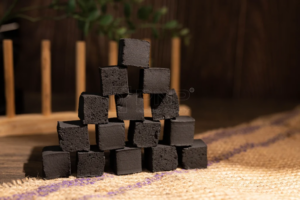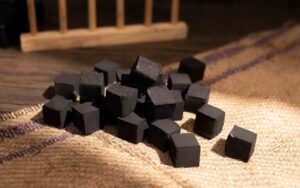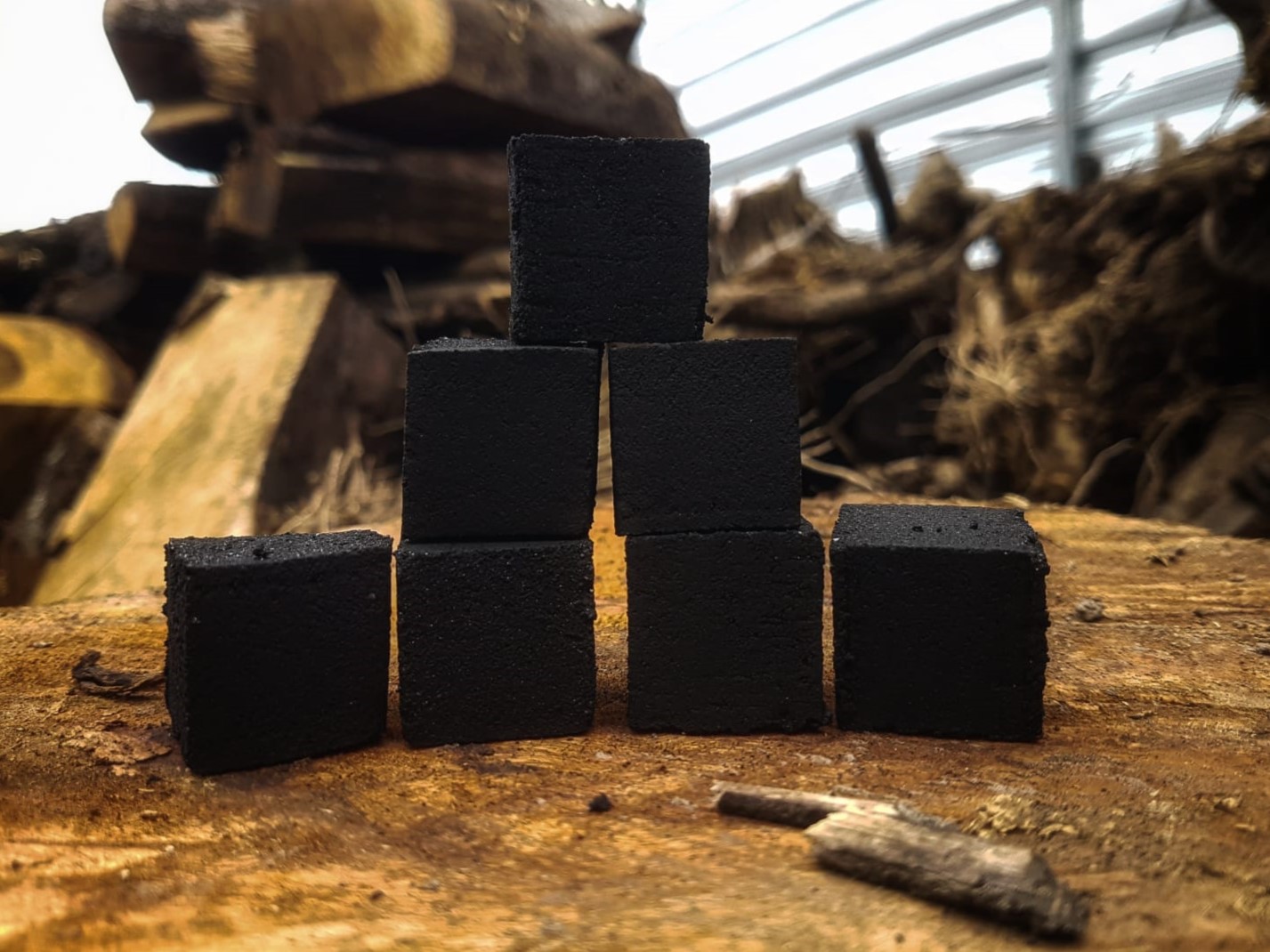Coconut briquettes are one of the most sought-after commodities in the international market. According to data from the Ministry of Foreign Affairs, Indonesian coconut briquette products are in demand from several friendly countries, including Turkey, Brazil, the United States, Japan, and various nations in Latin America and the Middle East. So, what are the prospects for the coconut briquette export business? Here’s a closer look.
Prospects for the Coconut Briquette Export Business

The coconut briquette export business has highly promising prospects. One of the key factors is that international markets consider Indonesian coconut briquettes to be the best quality. It is important to note that producers often use coconut briquettes made from coconut shells as an alternative fuel for cooking.
In Europe, consumers use coconut briquettes for grilling food, while people in Middle Eastern countries utilize them for pipe shisha. Additionally, in Asia, such as South Korea and Japan, restaurants use coconut briquette products for cooking.
These countries favor Indonesian coconut briquette products because they generate more heat compared to coal briquettes or those made from mangrove materials. Furthermore, buyers regard Indonesian coconut briquettes as safer and more environmentally friendly since their raw material comes from coconut shells.
The significant export opportunities for coconut briquettes should be seized by small and medium enterprises (SMEs). SMEs can utilize coconut shells to produce coconut briquettes. However, the availability of raw materials for making these briquettes is relatively scarce, posing a challenge for entrepreneurs looking to enter the coconut briquette export business.
It is worth mentioning that coconut briquettes made from coconut are the only market where demand exceeds supply. This indicates that limited raw materials prevent suppliers from meeting the substantial demand.
Capital for the Coconut Briquette

The capital required to start a coconut briquette business ranges from IDR 100 million to 200 million. However, this amount is only sufficient to meet domestic briquette needs. If you aim to target the export market, you will need a significantly larger budget.
Most of the capital mentioned above goes toward purchasing machines to produce coconut briquettes. However, if you are not ready to invest that much, you can start producing coconut briquettes on a smaller scale.
The process is quite simple: first, you grind the coconut shells, then mix them with water and tapioca flour. Next, stir until the mixture is well combined or homogeneous. After that, place the briquette mixture into molds and cut them into the desired size. You typically shape coconut briquettes like cubes.
Once you complete the cutting process, place the briquettes in an oven to harden their texture. In the domestic market, sellers offer coconut briquettes at around IDR 8,000 per kilogram. This price can increase significantly when you export them to Europe, Asia, the Middle East, or other countries in the Asian region.
Conlusion
The coconut briquette export business presents a highly promising opportunity, particularly due to the high quality of Indonesian products that are in demand across various international markets. With applications ranging from cooking to grilling and shisha, coconut briquettes are favored for their efficiency and environmental benefits. However, the challenge of limited raw materials remains a significant hurdle for small and medium enterprises looking to enter this lucrative market.
As you consider the potential of coconut briquettes, it’s essential to recognize their eco benefits. By choosing coconut briquettes as a fuel source. You contribute to sustainable practices that reduce reliance on fossil fuels and promote the use of renewable resources. Explore the eco benefits of coconut briquettes and join the movement towards a greener future by incorporating them into your energy solutions.



